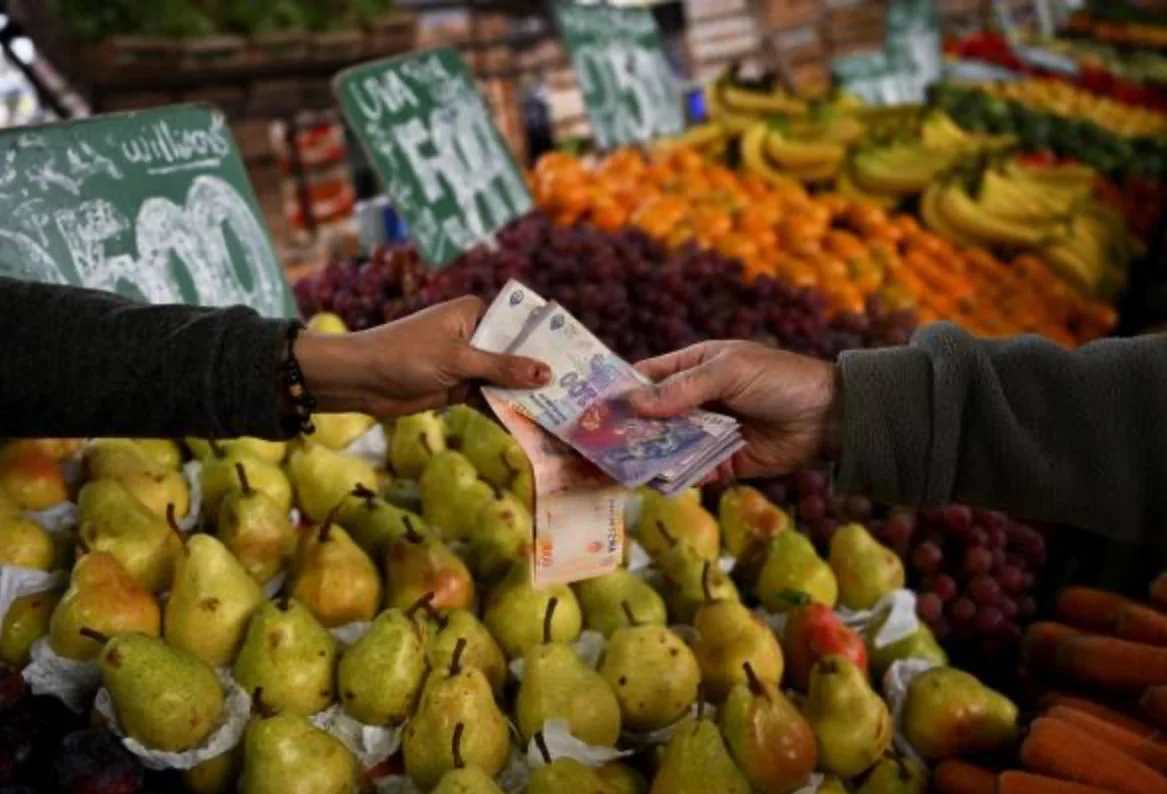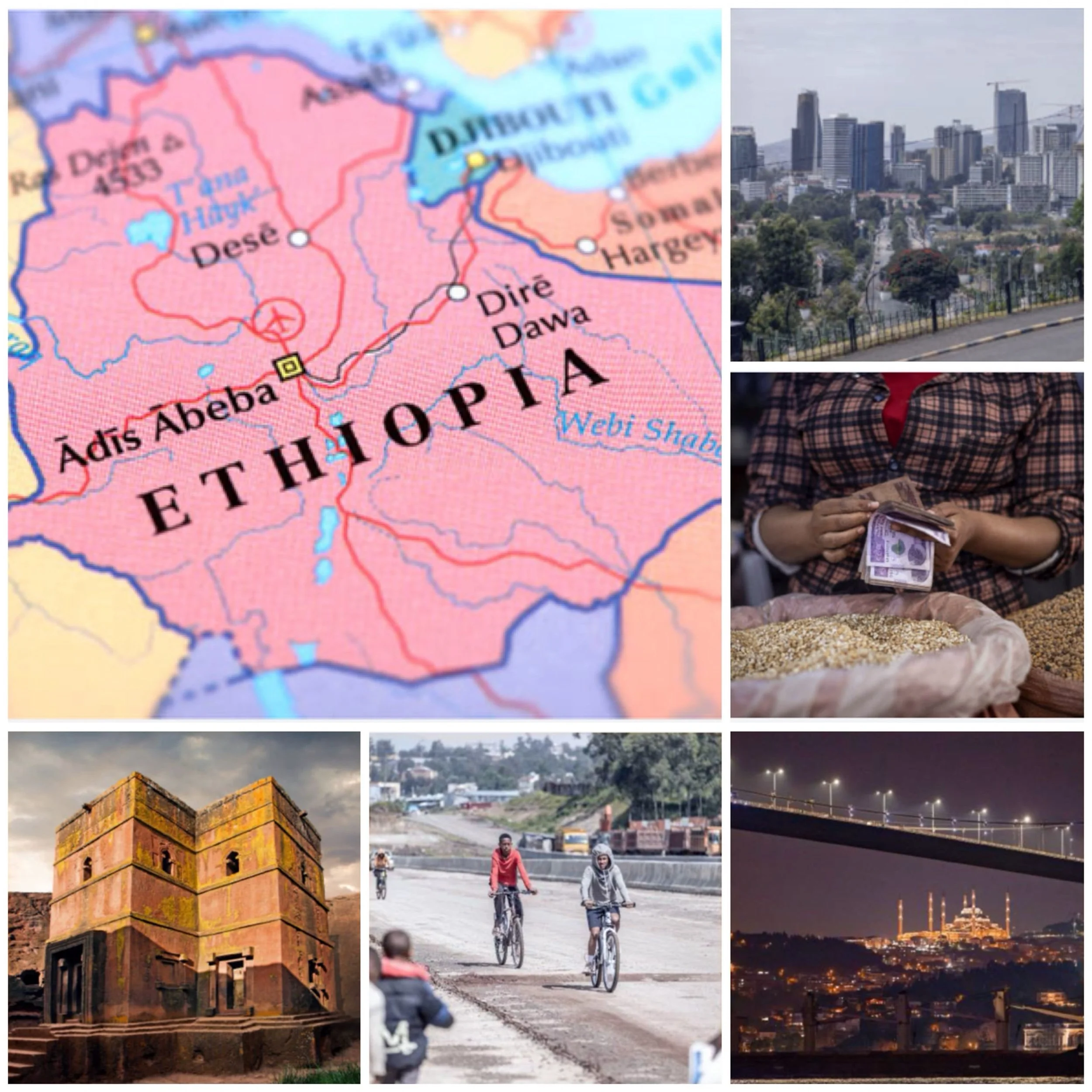Increasing poverty in Argentina due to social reforms - Removal of all subsidies
Introduction
The recent economic reforms implemented by President Javier Milei in Argentina have led to a significant increase in poverty rates, largely due to the removal of subsidies and other austerity measures. Here’s an overview of the situation:
Poverty Rate Surge
Argentina’s poverty rate has dramatically increased since Milei took office in December 2023
The poverty rate jumped from 41.7% to 52.9% in the first six months of Milei’s presidency.
This translates to an additional 5.2 million Argentines falling into poverty during this short period.
The current poverty rate is the highest since the 2003 financial crisis.
Milei’s Economic Reforms
President Milei has implemented a series of drastic economic measures aimed at stabilizing the economy:
Elimination of price controls
Reduction of subsidies for energy and transportation
Devaluation of the peso by 54% in December 2023
Cuts to public spending, including laying off thousands of civil servants
Aim to achieve fiscal balance and eliminate monetary issuance
Impact on the Population
The austerity measures have had severe consequences for many Argentines
Dramatic decline in purchasing power
Economy plunged into a deep recession
Real GDP estimated to contract by 3.5% in 2024
Monthly inflation reached 25.5% in December 2023, though it has since decreased to 4.2% in August 2024
Government Response
The Milei administration has acknowledged the difficulties but argues that these measures are necessary:
They claim to have inherited a “catastrophic situation” from previous administrations.
The government has implemented some social protection measures, including increases in social benefits for the most vulnerable.
Long-term Outlook
While the short-term impact has been severe, the government and some analysts project potential improvements:
The economy is expected to grow by 5% in 2025, driven by improved weather conditions and investments in the energy sector.
The stabilization program has shown initial positive results in fiscal balance and inflation reduction.
Conclusion
However, critics argue that these gains have come at a significant cost to the poor and working classes, and the long-term effectiveness of these policies in reducing poverty remains uncertain.






